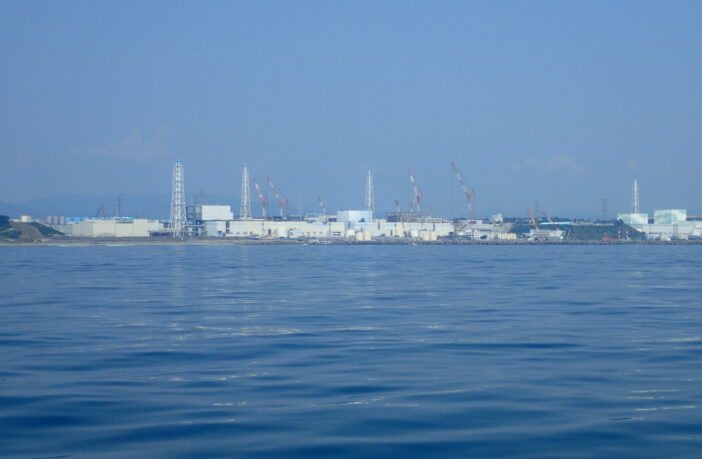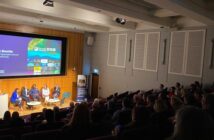While over a decade has passed since the accident at the Fukushima Dai’ichi nuclear power plant in Japan, the most contentious aspect of bringing the site under control is only just beginning.
The Japanese Government has now approved plant operator TEPCO’s plan to release treated water into the Pacific Ocean from 2023, provoking concern across the continent, as water being stored at the site will contain radioactive substance even after treatment.
Researchers, including Dr Leslie Mabon from the OU, are encouraging the international science and policy community to do more to understand the views of Fukushima’s coastal residents and fishing communities ahead of the releases next year.
As part of the research – released today in the Proceedings of the National Academy of Sciences – Dr Mabon proposes that citizens’ panels and independent research organisations are set up once the releases commence, to give coastal residents a say in how the treated water releases proceed and are managed.
The research also urges the Japanese Government to learn from people and places globally that have experience of living with and managing environmental radioactivity.
Dr Mabon, Lecturer in Environmental Systems at the OU, stressed the importance of involving those most closely impacted in decision-making:
“The treated water releases which are planned from the Fukushima Dai’ichi nuclear plant have rightly gained a lot of attention globally from the scientific community, and from international organisations with expertise in nuclear power. However, it is the people who live closest to the plant, and who rely on the marine environment for their livelihoods, who have the most to lose from the decisions that are taken.”
The researchers from the Open University and Tokyo University of Marine Science and Technology highlighted that fishing, seafood and the coastal landscape are a core component of local identity for coastal dwellers in the Fukushima region of Japan, and that there is significant pride in the efforts that have been undertaken over the last decade to rehabilitate fishing on the Fukushima coast since the nuclear accident.
Dr Mabon argues that it is therefore crucial that international technical experts visiting Fukushima have an opportunity to talk to local residents and understand what is at stake with the treated water releases:
“We believe it is vital that experts coming to advise on Fukushima have a chance to learn about what the marine environment means to the local community, and have a full understanding of what is at stake. I’d like to see more opportunities for international delegations to be able to meet with coastal and fishing communities, and for researchers from the social sciences, who have a rich understanding of what the sea means to people, to be able to advise the technical committees in Japan and overseas.”
Dr Mabon continued:
“Even if the Japanese Government does not reverse their decision, the commencement of the treated water releases is only the beginning. Fishers and coastal residents have very legitimate concerns about what the treated water releases might mean for the sea that is so important to them, and it’s important their concerns are taken seriously even after the final decision is made.
“We recommend a robust and independent programme of ongoing research to monitor the marine environment, and the setting up of a citizens’ panel to inform the management of the treated water releases over time.”



